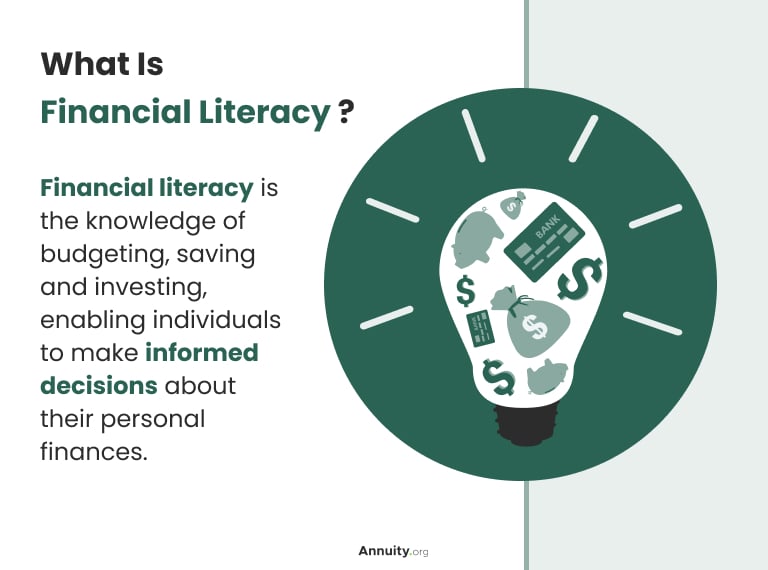
When launching your own enterprise, determining which payment methods to adopt is crucial. As cash transactions decrease, cashless alternatives are becoming the norm. Exploring a variety of payment choices, such as mobile and deferred payments, can appeal to different consumer demographics.
1. Credit and Debit Cards
With the reduction in cash use, card payments dominate, essential for online enterprises. Whether catering to travel sectors, digital services, or subscription models, handling credit and debit cards is crucial. The MIT Sloan School of Management notes that customers tend to spend more when using cards, which is advantageous for businesses.
2. Buy Now, Pay Later
Buy now, pay later solutions resemble credit cards but exclude stringent credit checks or fees. Services such as Afterpay and Klarna provide flexibility without incurring interest, appealing to contemporary consumers.
3. ACH Transfers
ACH transfers present a beneficial option for companies managing high-value transactions. They reduce costs, accelerate payment processes, and minimize chargebacks, attracting both consumers and small business operators.
4. Google and Apple Pay
Contactless solutions like Google and Apple Pay are becoming increasingly popular due to their security, convenience, and speed. They function smoothly for both online and offline transactions, decreasing lost sales opportunities.
5. Recurring Payments
Recurring payments serve subscription services, gyms, and similar models by ensuring steady income and decreasing missed payments. They also aid consumers in managing their financial obligations more effectively.
Conclusion
Providing a variety of payment options beyond cash is vital for contemporary businesses. From mobile transactions to deferred choices, harnessing an array of payment technologies can enhance customer satisfaction and elevate sales potential.